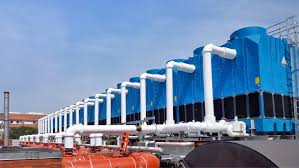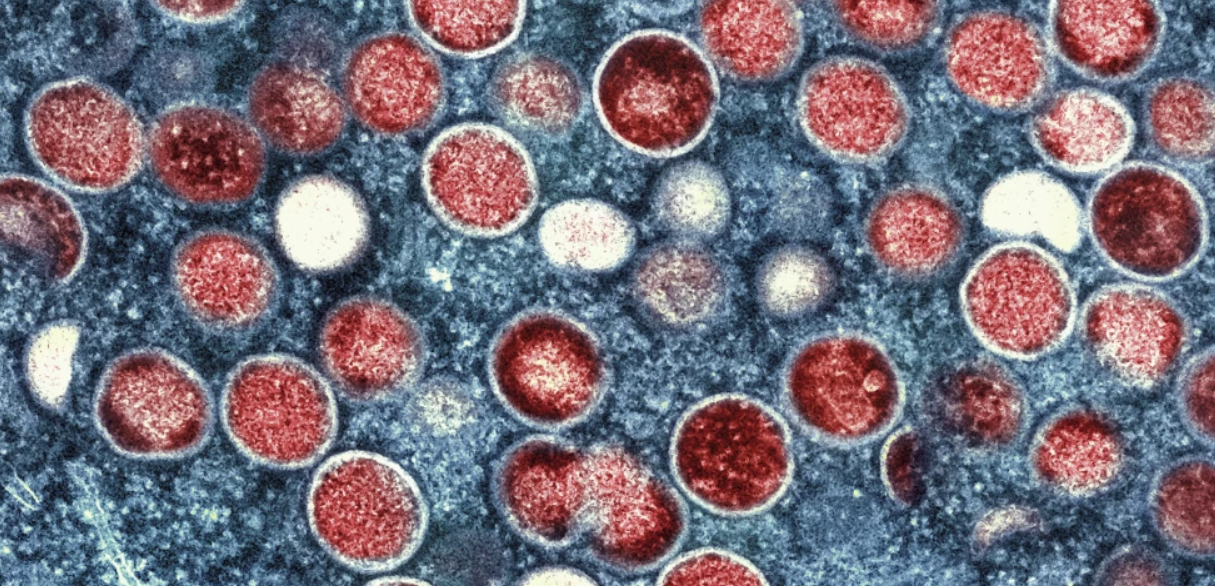New Hampshire health officials have identified a cooling tower in downtown Lincoln as the likely source of a recent outbreak of Legionnaires’ disease. So far, five confirmed cases have been linked to the outbreak, prompting an urgent response from public health authorities to prevent further spread of the illness.
Outbreak Details and Public Health Response
The New Hampshire Department of Health and Human Services (DHHS) reported that all five individuals diagnosed with Legionnaires’ disease had spent time in the downtown Lincoln area in the weeks leading up to their illnesses. After an investigation, the DHHS traced the likely source of the infection to a cooling tower located on a commercial building in the heart of Lincoln.
Legionnaires’ disease is a severe form of pneumonia caused by the bacterium Legionella pneumophila. The bacteria thrive in warm water environments and can spread through water systems, including cooling towers, air-conditioning units, and plumbing systems. When people inhale water droplets contaminated with Legionella bacteria, they can develop the disease.
Public health officials have already taken action to mitigate the threat. The cooling tower identified as the likely source has been shut down, and remediation efforts are underway to disinfect and clean the system. In addition, officials are conducting extensive testing of water sources in the area to ensure no other potential sources of contamination are present.
Health Impact and Symptoms
The five individuals who contracted Legionnaires’ disease are receiving treatment, and while the illness can be serious, particularly for older adults or those with weakened immune systems, all five are reportedly in stable condition.
Symptoms of Legionnaires’ disease typically develop two to ten days after exposure to the bacteria and include cough, shortness of breath, high fever, muscle aches, and headaches. Given its severity, early diagnosis and treatment with antibiotics are crucial.
Community Concerns and Ongoing Investigation
The outbreak has raised concerns among residents and visitors to Lincoln, a town known for its tourism and outdoor activities. While officials believe the cooling tower is the likely source, the DHHS continues to investigate the outbreak to confirm the origin and rule out other potential sources.
In a public statement, New Hampshire DHHS Commissioner Lori Shibinette reassured the community that the situation is being closely monitored. “Our primary concern is the health and safety of the public,” she said. “We are working diligently to identify and eliminate any remaining risks associated with this outbreak.”
Preventive Measures and Public Guidance
The DHHS has advised residents and businesses in Lincoln to take precautions, particularly those who operate cooling towers or large-scale water systems. Regular maintenance and cleaning of these systems are essential to prevent the growth and spread of Legionella bacteria. Officials also recommend that individuals who develop symptoms consistent with Legionnaires’ disease seek medical attention promptly, especially if they have been in the downtown Lincoln area recently.
Looking Ahead
As the investigation continues, New Hampshire health officials are urging the public to remain vigilant and report any symptoms that may be related to Legionnaires’ disease. The DHHS plans to provide ongoing updates as more information becomes available, including the results of additional testing and any new cases that may emerge.
The recent outbreak has highlighted the importance of monitoring and maintaining water systems, particularly in public spaces where large numbers of people are exposed. While the situation in Lincoln is under control, the event serves as a reminder of the potential dangers posed by Legionella bacteria and the need for proactive public health measures to prevent future outbreaks.



